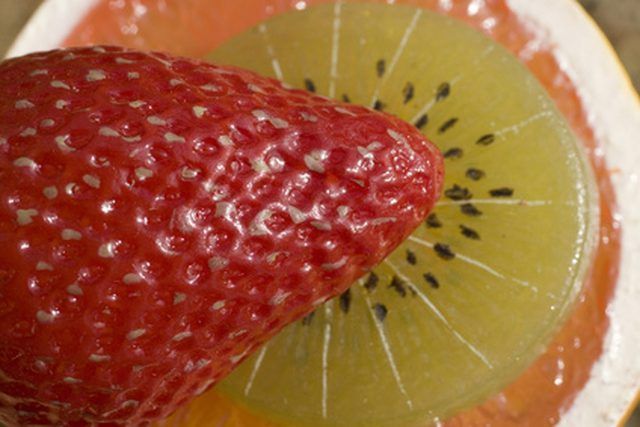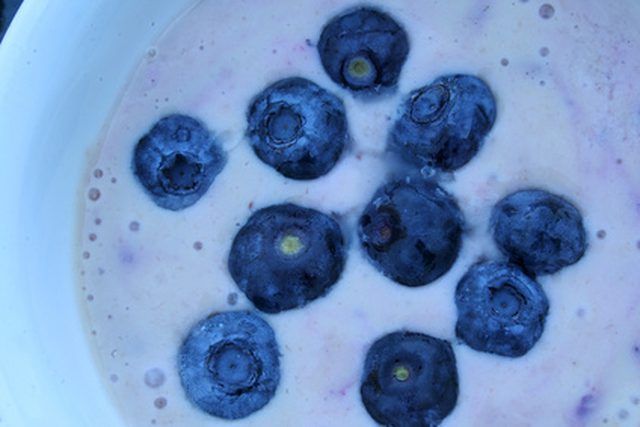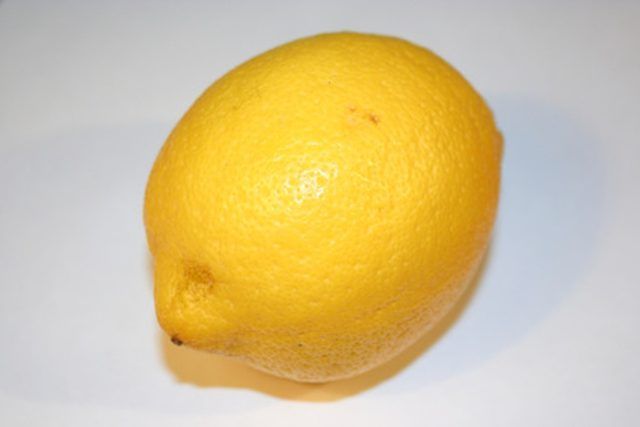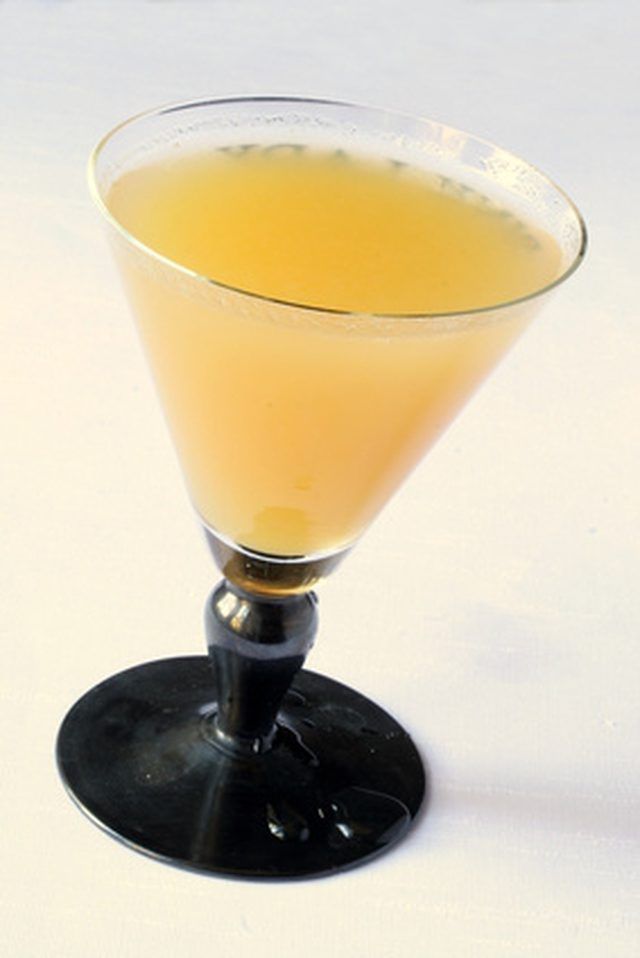Bulbs
Flower Basics
Flower Beds & Specialty Gardens
Flower Garden
Garden Furniture
Garden Gnomes
Garden Seeds
Garden Sheds
Garden Statues
Garden Tools & Supplies
Gardening Basics
Green & Organic
Groundcovers & Vines
Growing Annuals
Growing Basil
Growing Beans
Growing Berries
Growing Blueberries
Growing Cactus
Growing Corn
Growing Cotton
Growing Edibles
Growing Flowers
Growing Garlic
Growing Grapes
Growing Grass
Growing Herbs
Growing Jasmine
Growing Mint
Growing Mushrooms
Orchids
Growing Peanuts
Growing Perennials
Growing Plants
Growing Rosemary
Growing Roses
Growing Strawberries
Growing Sunflowers
Growing Thyme
Growing Tomatoes
Growing Tulips
Growing Vegetables
Herb Basics
Herb Garden
Indoor Growing
Landscaping Basics
Landscaping Patios
Landscaping Plants
Landscaping Shrubs
Landscaping Trees
Landscaping Walks & Pathways
Lawn Basics
Lawn Maintenance
Lawn Mowers
Lawn Ornaments
Lawn Planting
Lawn Tools
Outdoor Growing
Overall Landscape Planning
Pests, Weeds & Problems
Plant Basics
Rock Garden
Rose Garden
Shrubs
Soil
Specialty Gardens
Trees
Vegetable Garden
Yard Maintenance
PH Levels of Fruit
PH Levels of Fruit. The pH of an item refers to its acidity or alkalinity. The pH scale runs from 0 to 14: A pH below 7 indicates increasing acidity and a pH above 7 indicates increasing alkalinity. A pH of 7 indicates neutrality.

The pH of an item refers to its acidity or alkalinity. The pH scale runs from 0 to 14: A pH below 7 indicates increasing acidity and a pH above 7 indicates increasing alkalinity. A pH of 7 indicates neutrality.
Fruits and pH
Most fruits have a low to medium acid level, though bananas and potatoes are nearer to neutral.
Neutral or Alkaline Fruit
Neutral or alkaline fruits include blueberries, avocados, currants, plums and prunes. Potatoes and bananas are usually classified as neutral.

Acidic Fruit
Due to their high levels of sugar, nearly all fruits are acidic. At 2.3, lemons are some of the most acidic fruits on the scale, as are limes at 4.0.

Fruit Juice
The pH of most fruit juice ranges between 6 and 7, a low level of acidity. The exception to this is lemon juice which is an acidic 2.3 on the scale.

Warning
The human body functions best at a slightly alkaline level and an imbalanced diet of acid-rich foods can lead to problems in the body's ability to heal itself. In order to avoid long-term damage, balance your acid-alkali levels, starting with your fruit intake.